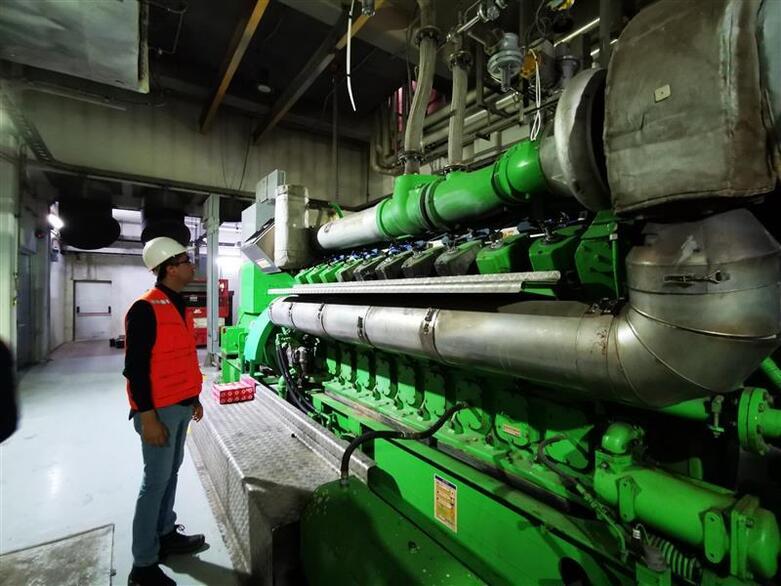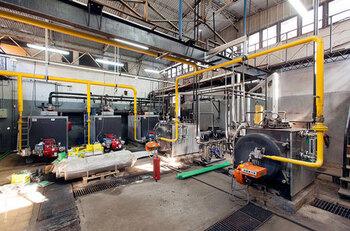Approach
The project will be implemented in close cooperation with the Chilean Ministry of Energy and the National Agency for Energy Efficiency (ASE). It analyses the market potential of new CHP solutions, introduces new technologies and trains local skilled workers in quality assurance for CHP plants installed in Chile. Experience gained in Chile will be shared with neighbouring countries, including Argentina, Bolivia, Peru, Colombia and Ecuador, in order to incentivise similar cogeneration projects and in so doing help further reduce greenhouse gas emissions.
Experience from the operation of existing CHP plants in Chile, including the results of the aforementioned pilot project in three public hospitals, is to undergo in-depth evaluation by the institutions involved in the project (Ministry of Energy, Ministry of Health, Agency for Energy Efficiency and the Superintendence for Electricity and Fuel) during the first year of the project term before being incorporated into updates of legal texts, regulations and building codes. National and international advisors provide support with preparing and adapting international regulations to the Chilean context.
The Chilean Ministry of Energy and downstream institutions are provided with continuous advisory services on ongoing development of the underlying legal framework in the field of cogeneration. This also includes targeted assistance with the development of a potential support framework.
The economic potential of cogeneration in industry and commerce is analysed in order to establish a precise picture of marketable applications. During the first year of the project term, an existing study of CHP potential dating from 2010 is to be updated and expanded in collaboration with the Ministry of Energy, the Ministry of the Environment, the Centre for Innovation and Promotion of Sustainable Energy (CIFES) and the Agency for Energy Efficiency (ASE). Based on this analysis, more detailed studies covering a range of different sectors will be drawn up, including the chemical and food processing industries, hotels, shopping centres and supermarkets, as well as public facilities.
The analysis also includes examination of the potential for using innovative cogeneration technologies to supply heat in the south of the country. In particular, this will involve exploring and promoting the potential of biogas for local heating networks and biomass cogeneration for district heating systems from the point of view of climate and air pollution.
Last Update: September 2020

